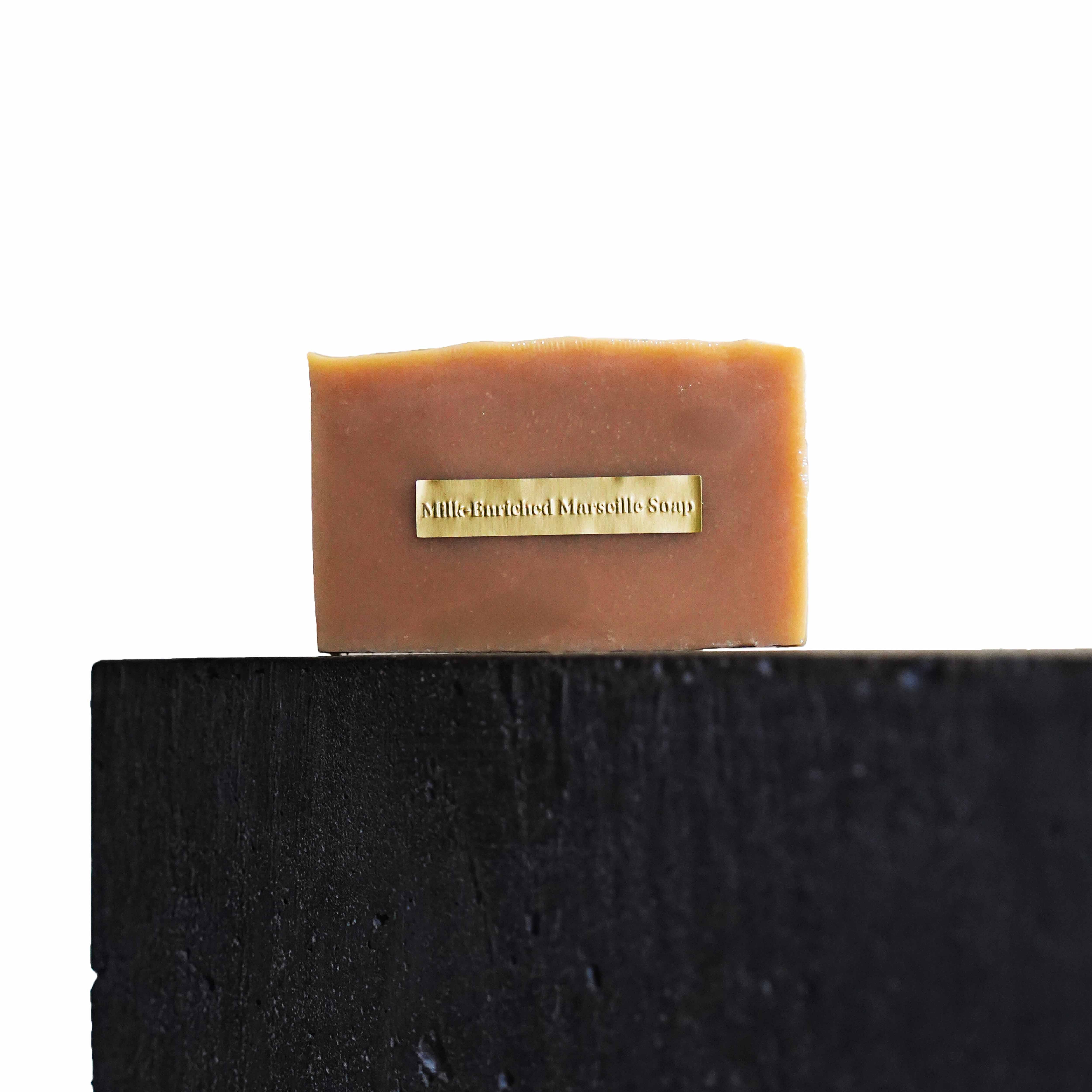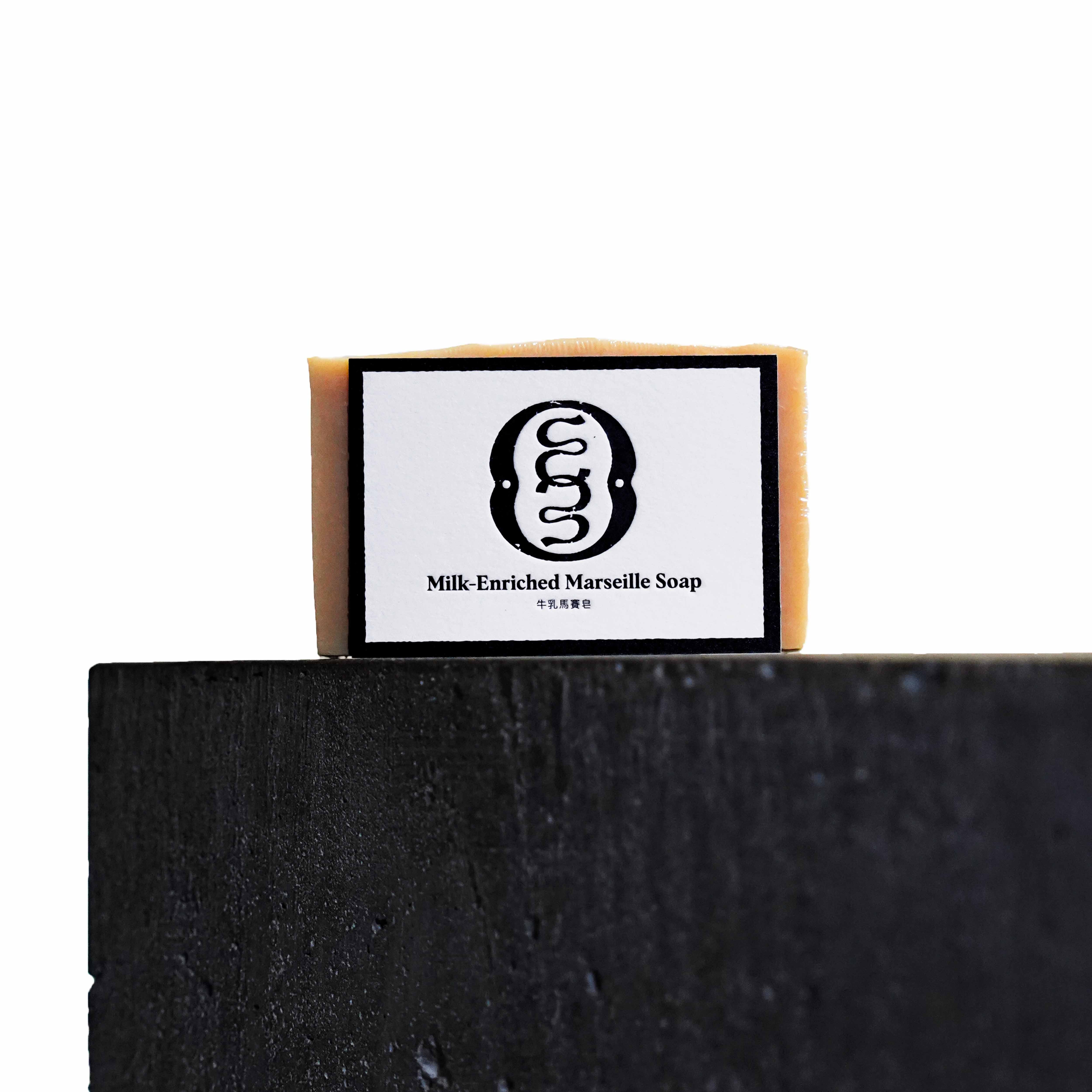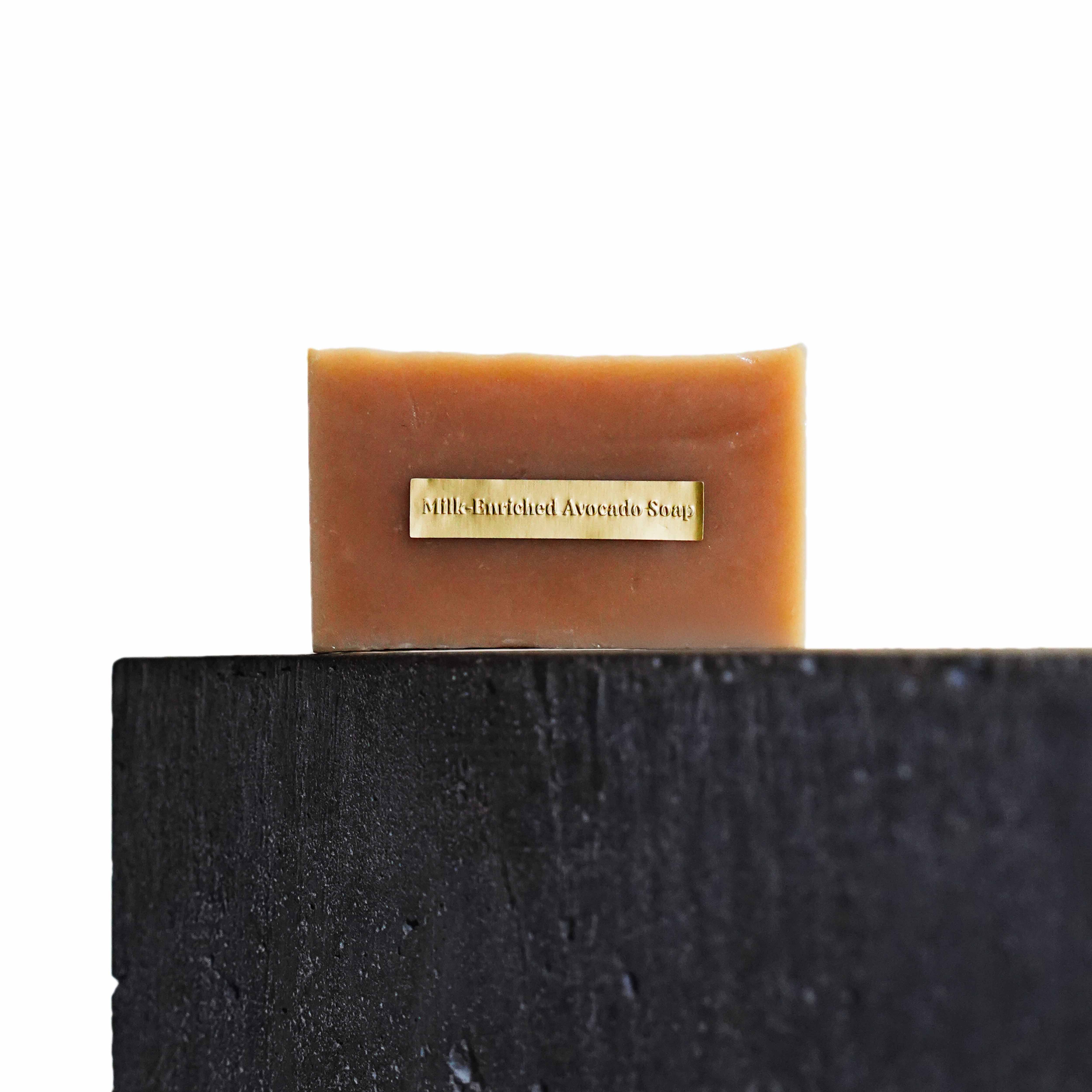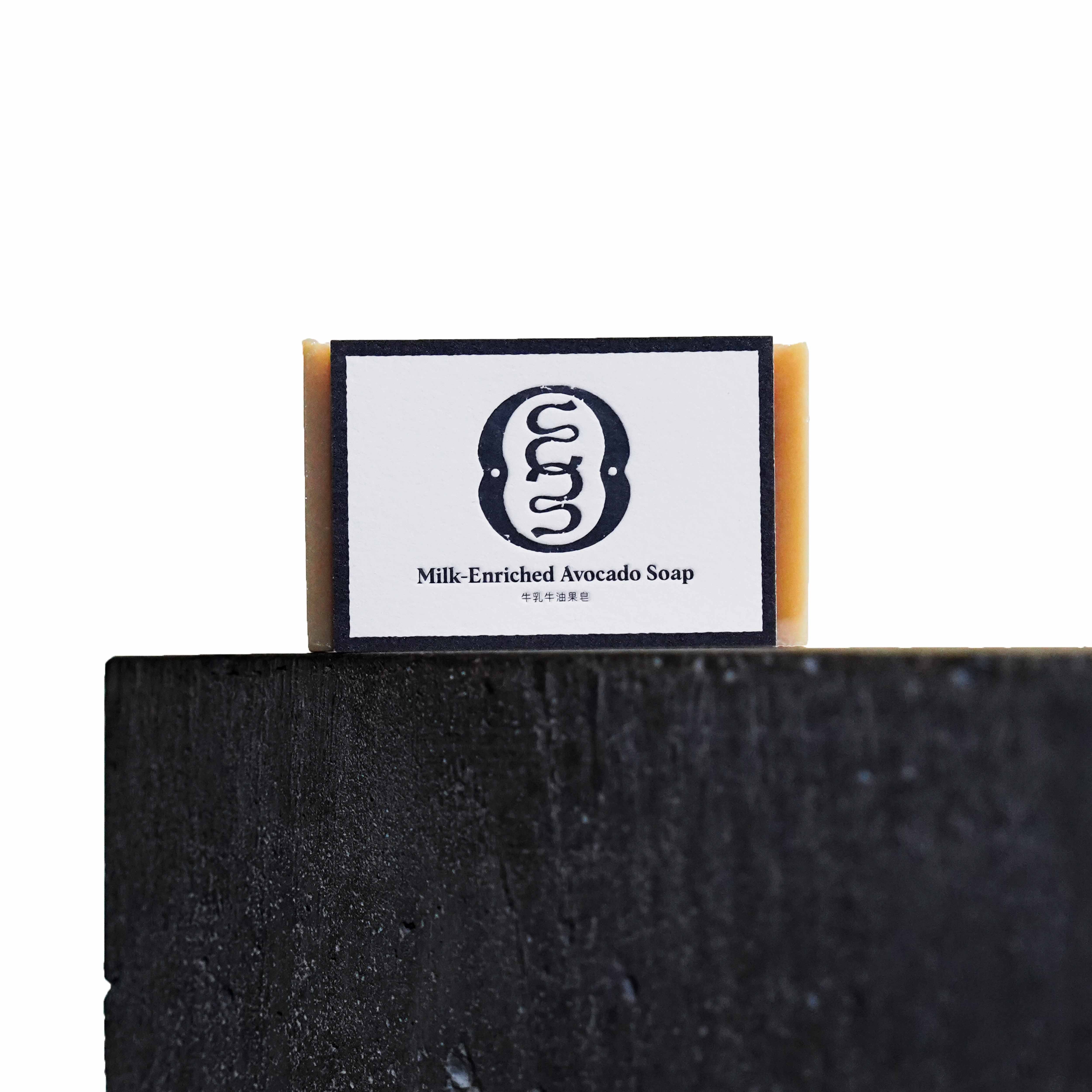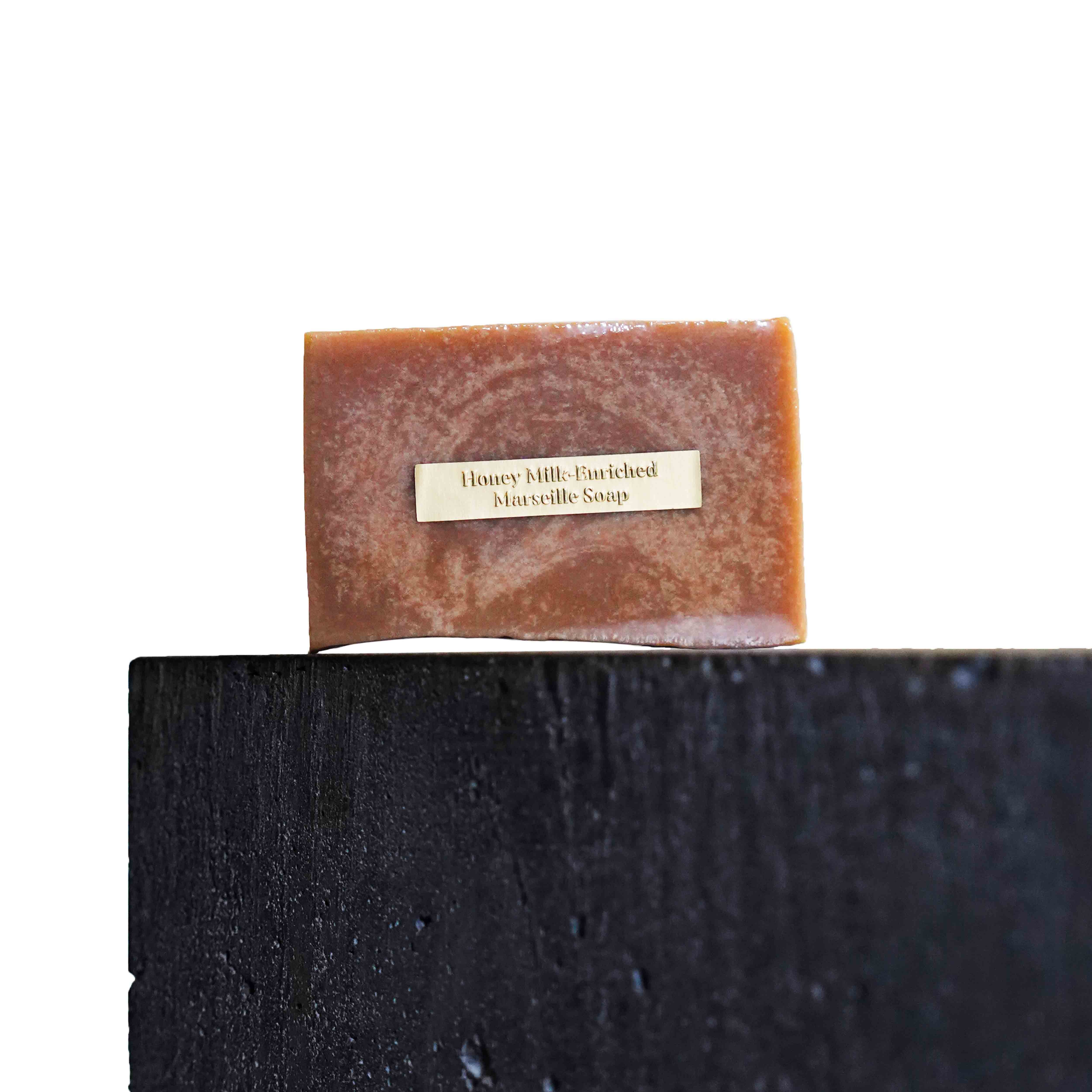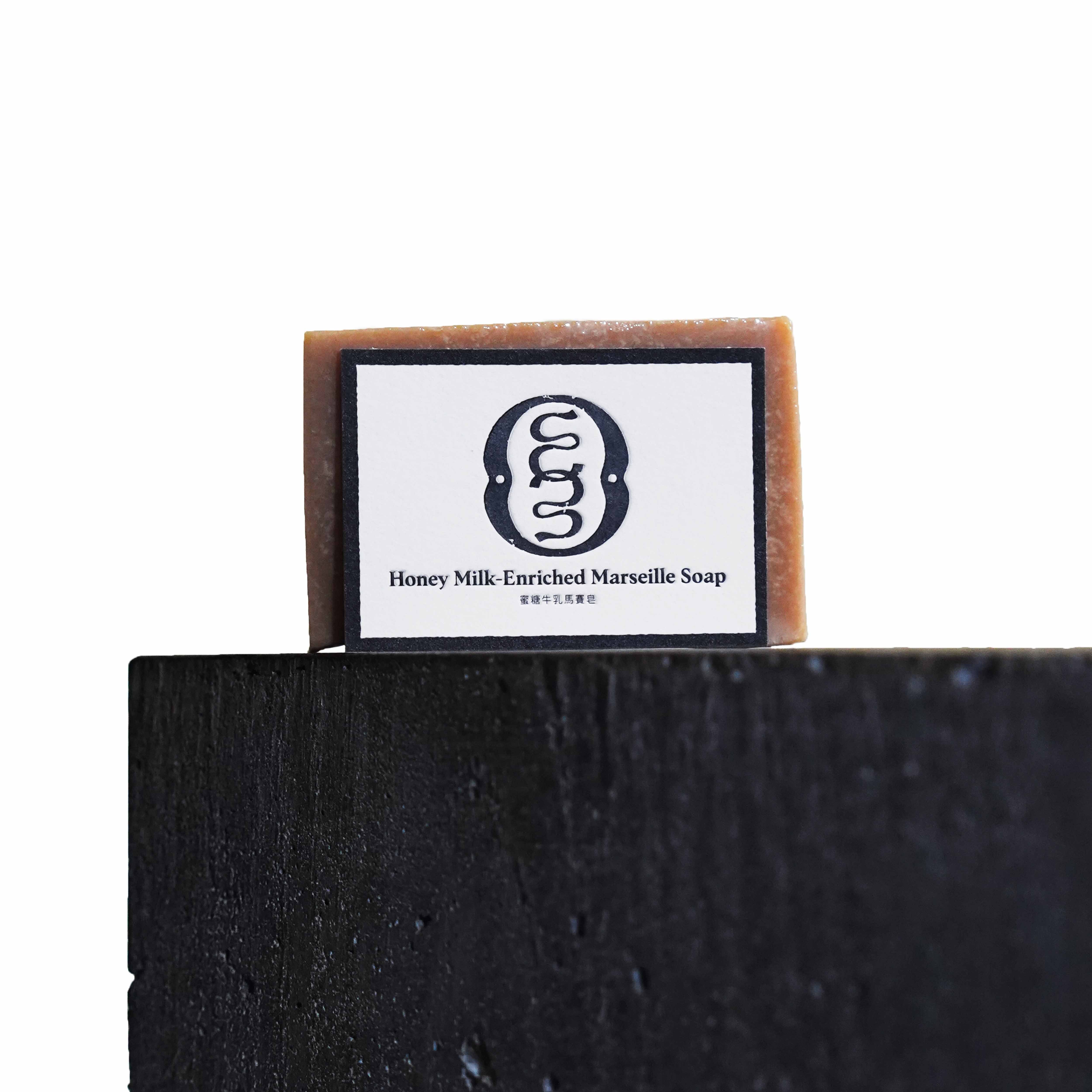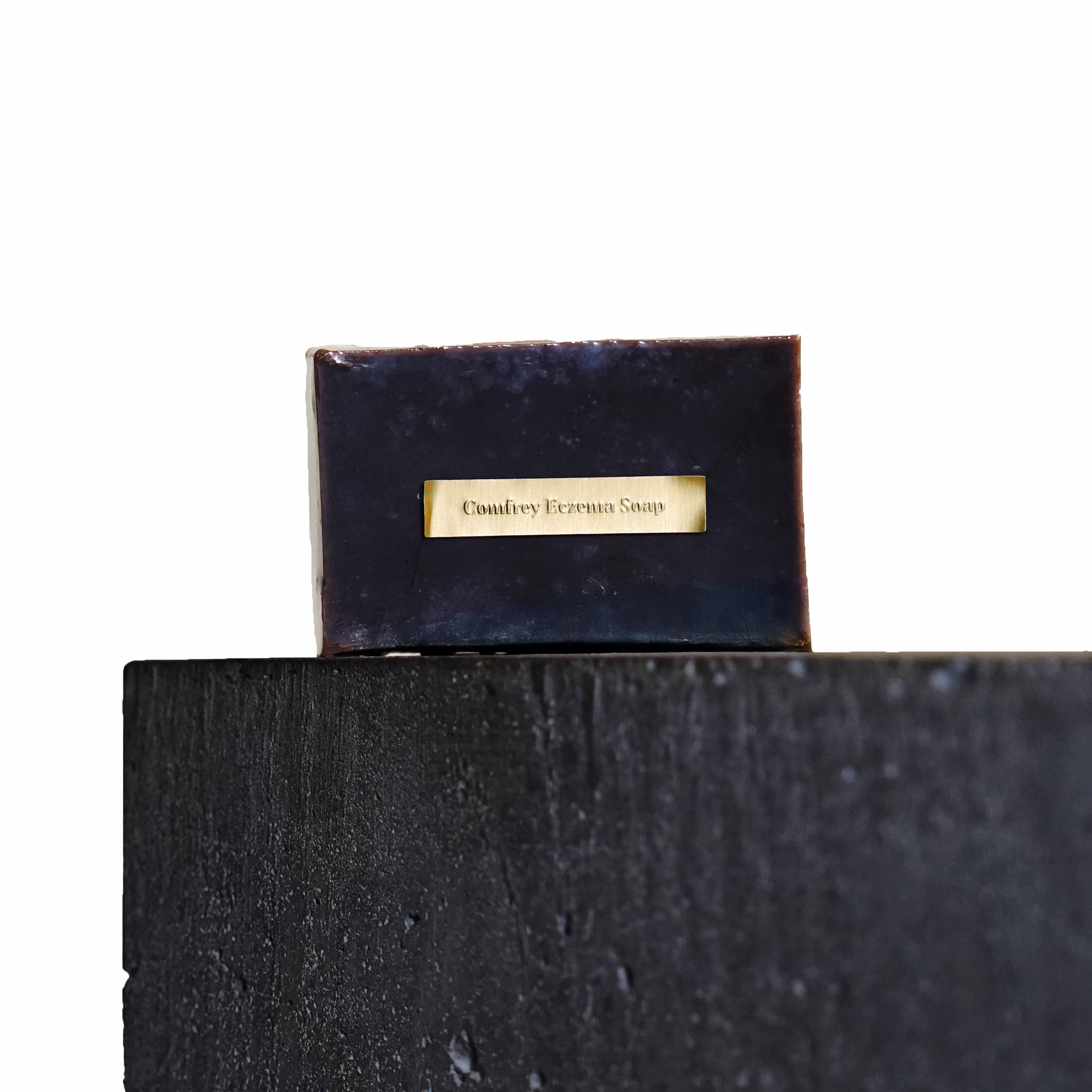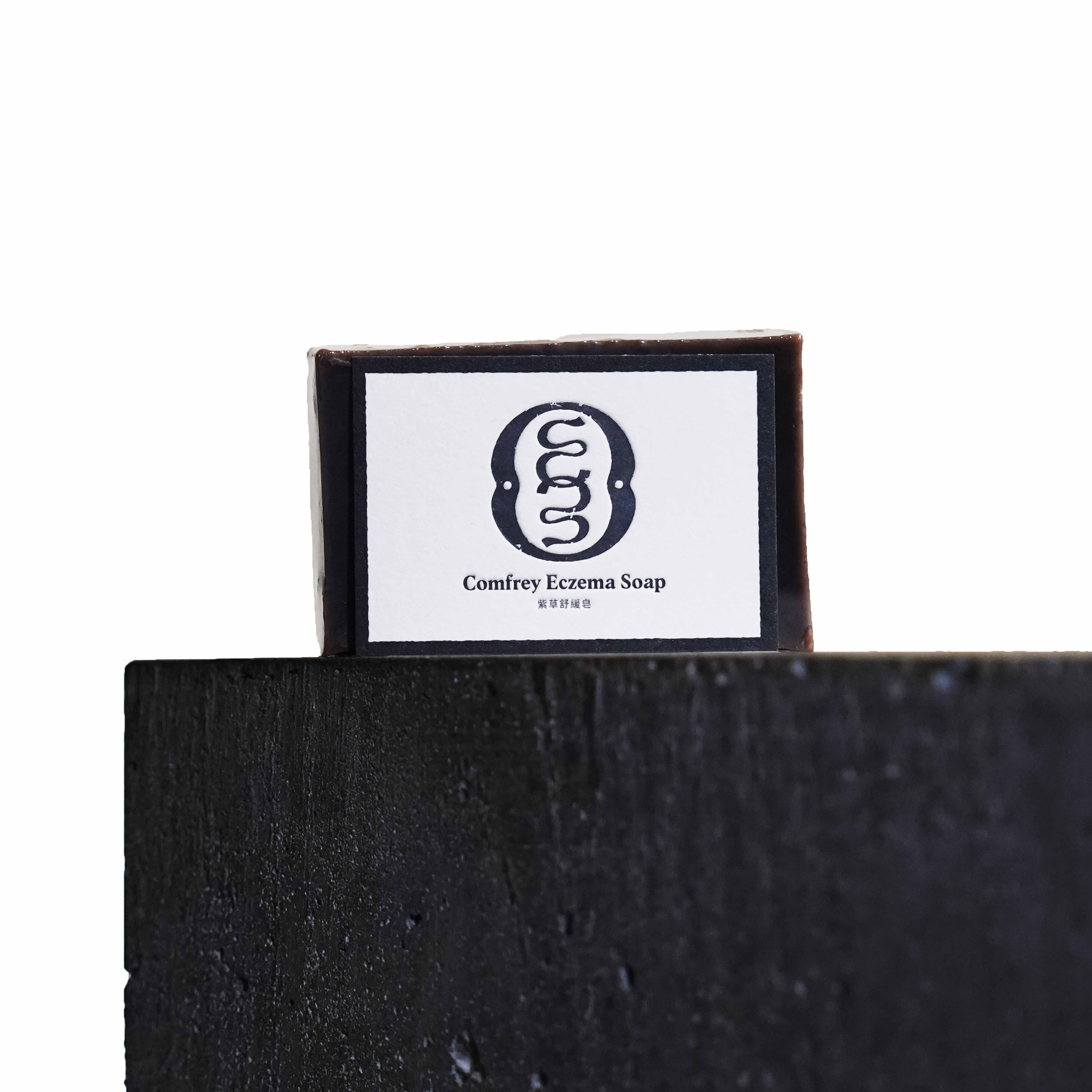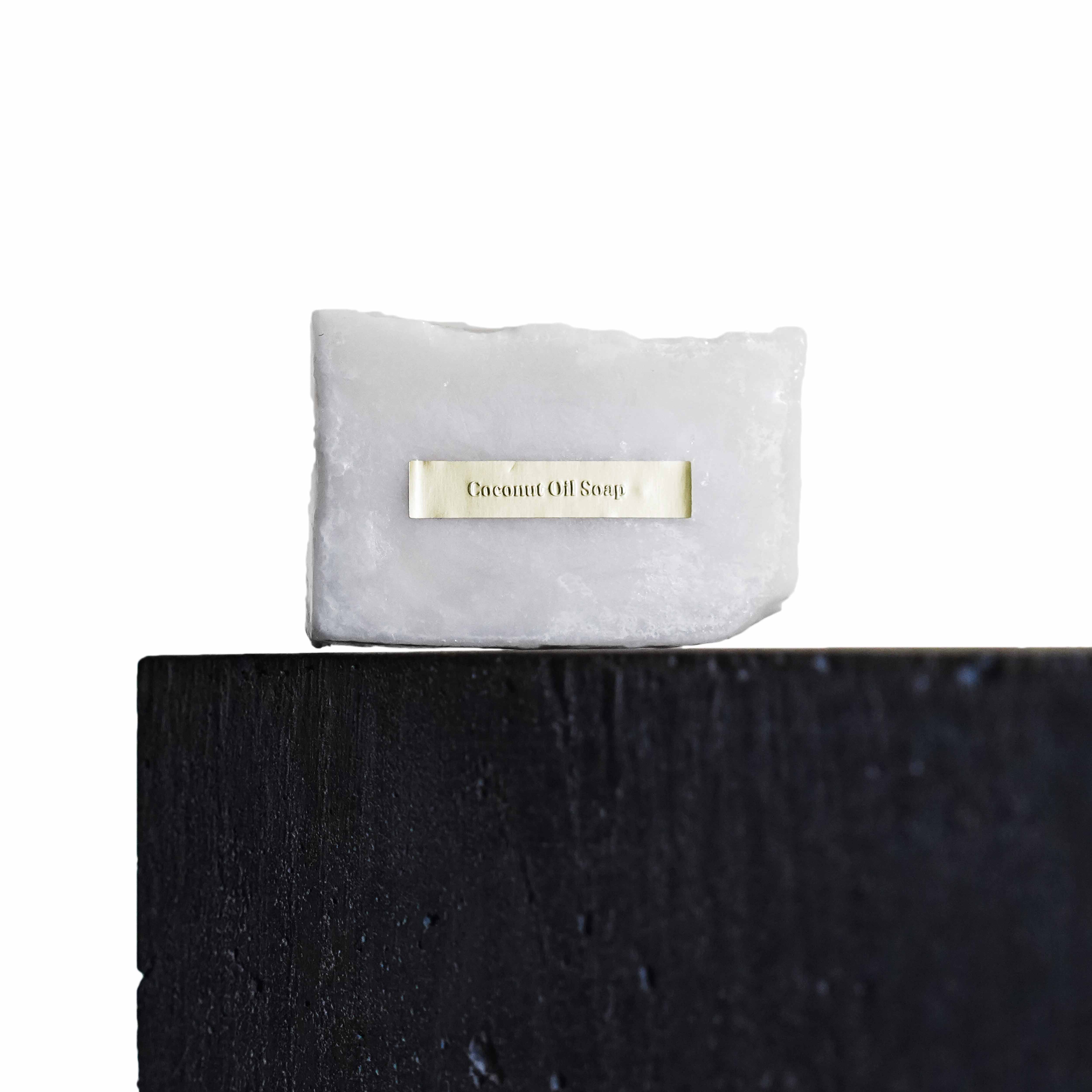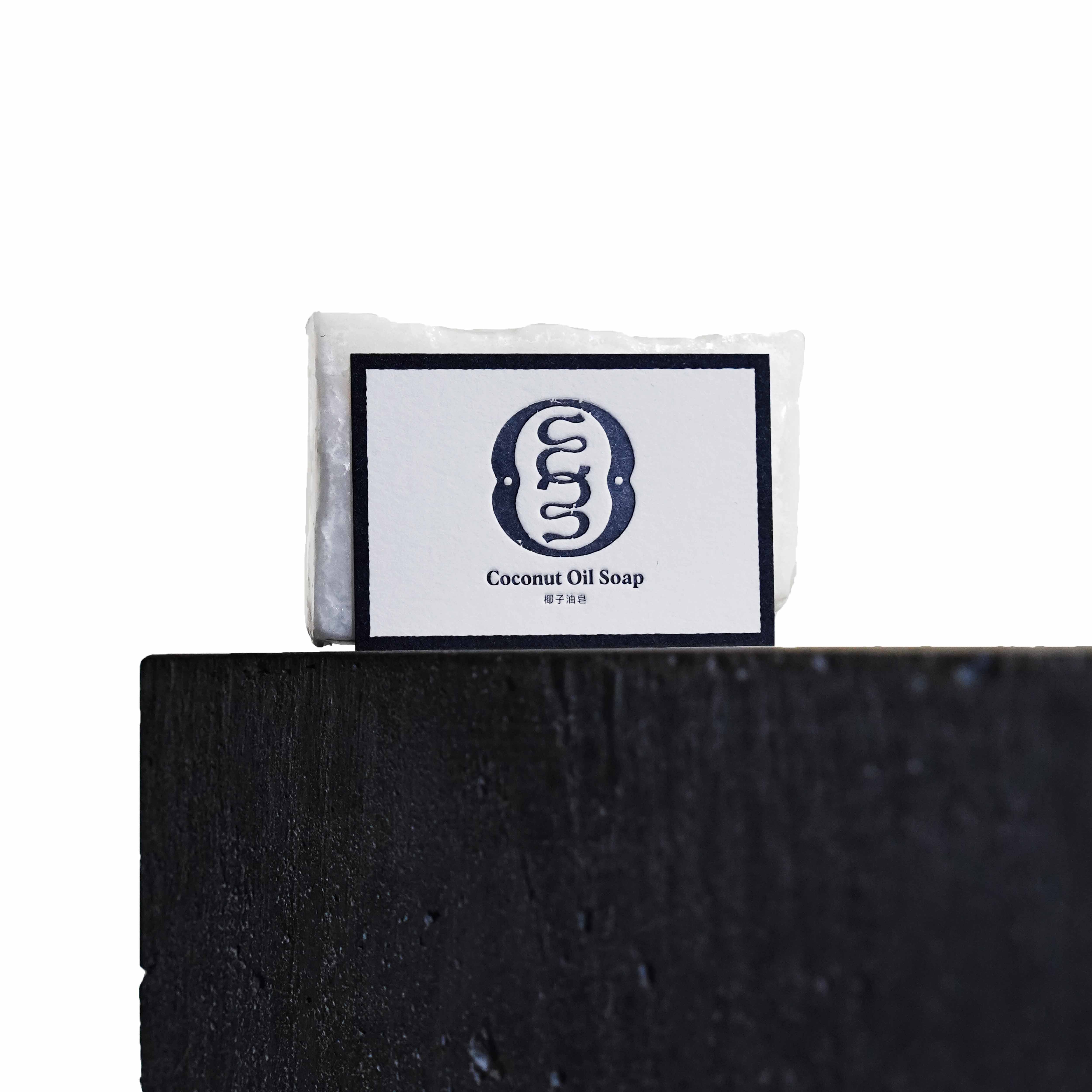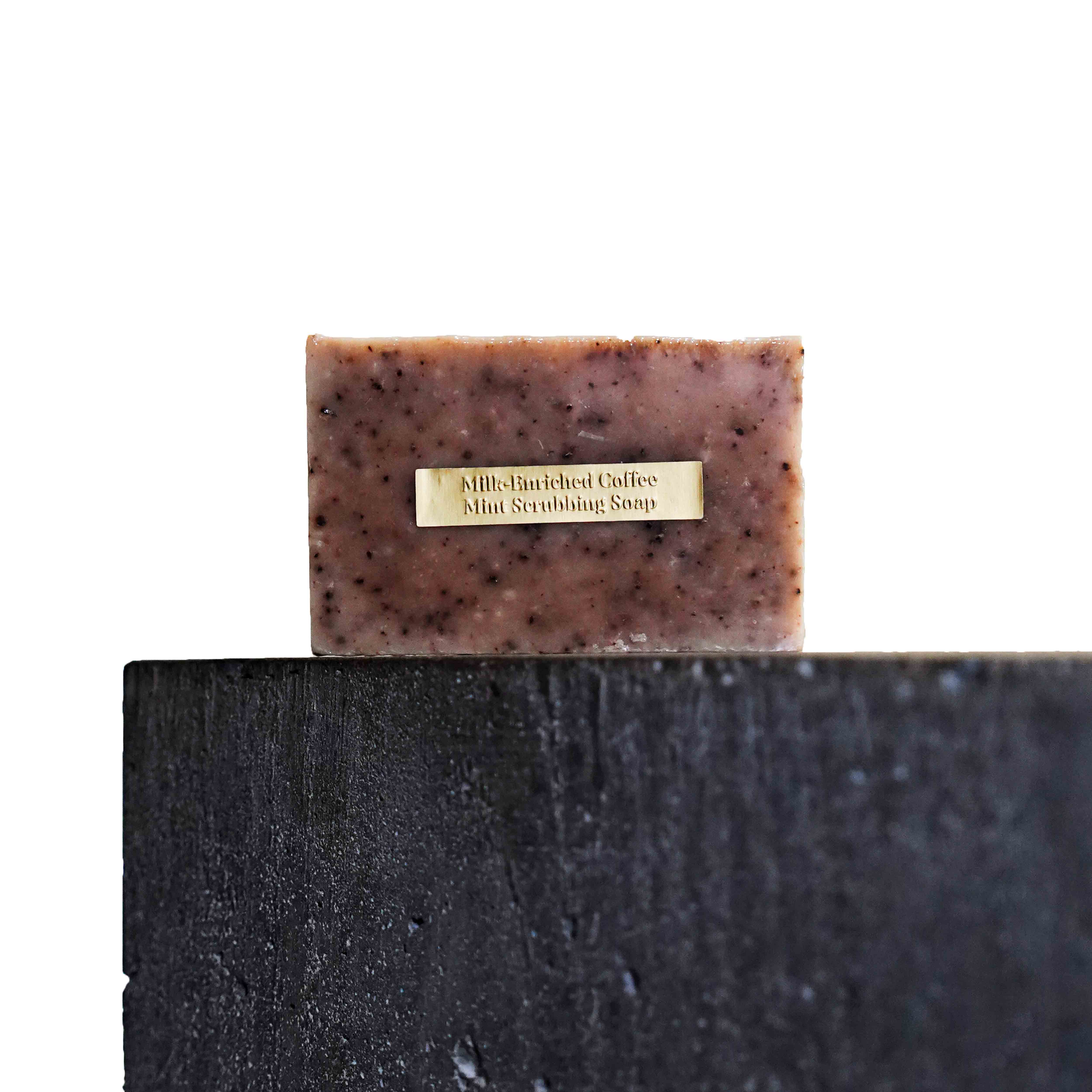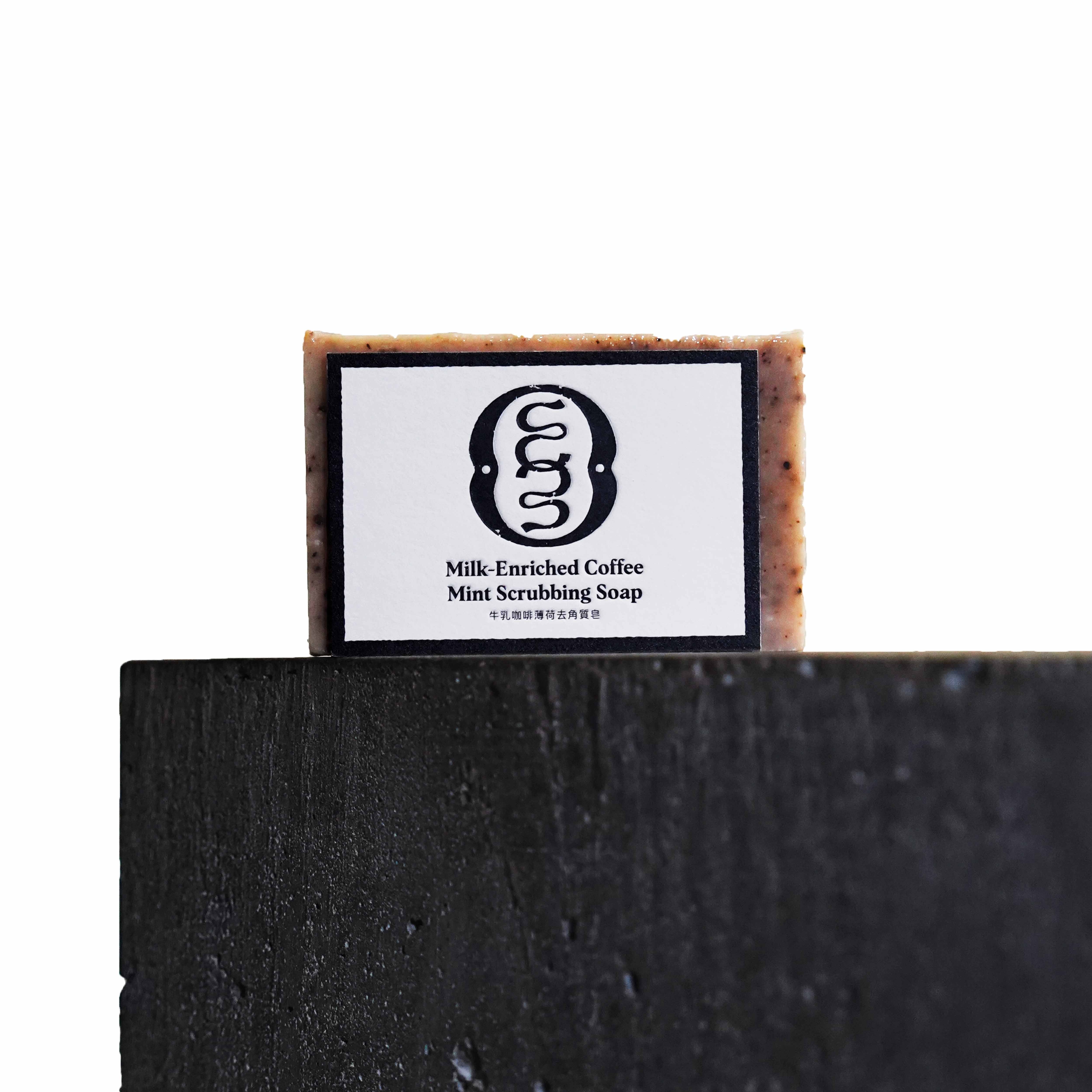
Solids
You May Want To Know
We offer refunds or exchanges only for defective items, provided you contact us within 7 days of receiving your order. The item must be unused, in its original packaging, and you must have proof of purchase. Please contact us prior to shipping any return.
Once approved, your refund will be processed to your original payment method within 5 business days. Please note that return shipping costs are your responsibility and will be deducted from any refund.
Address : 1009 Eligo Limited, 4/F, 3 Queen Victoria Street, Hong Kong Central
地址 : 中環域多利皇后街3號4樓 1009 Eligo Limited

